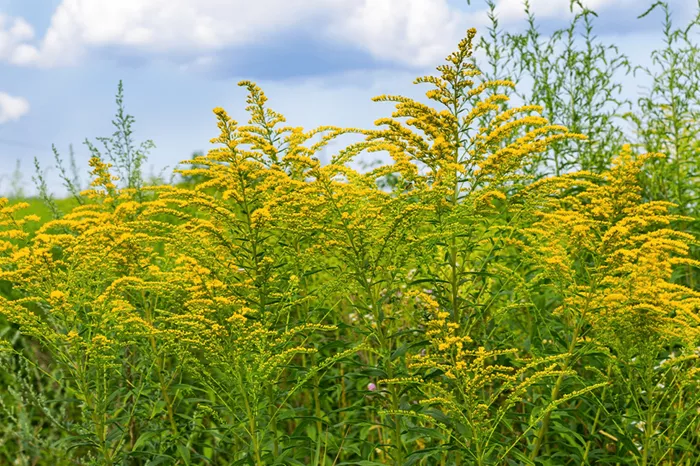BOSTON – Residents of Boston are contending with a thick coating of pollen that has covered the city, raising concerns among those with environmental allergies.
Whether it’s a greenish-yellow film on windshields, a dusting on car dashboards, or a haze above the skyline, the pollen in the air is unmistakable.
WBZ-TV Executive Weather Producer Terry Eliasen identifies pine trees as a major contributor to the visible pollen. “This is pine pollen, and basically late May through early June is the peak pine pollen season, so this is nothing unusual,” Eliasen said.
Pine pollen grains are large and less likely to cause allergic reactions because they have difficulty entering the nasal cavity. However, Dr. Camellia Hernandez, Clinical Director for the Division of Allergy and Immunology at Brigham and Women’s Hospital, notes that pine pollen is not the only issue.
“It’s really birch tree pollen, maple, and oak trees that are primarily out there,” Hernandez said, adding that grass allergies are also prevalent at this time.
This pollen season feels particularly severe due to its extended duration, attributed to warmer temperatures. “What you’re really seeing is still a lot of tree pollen and the grass pollen at very high levels, and even the weed pollen is at moderate levels,” Hernandez explained.
Allergy sufferers are familiar with the frustrating symptoms: runny nose, sneezing, congestion, and itchy, watery eyes. There are numerous treatments available, including medications and home remedies, to help alleviate these symptoms.
As the pollen season continues, those affected by allergies are encouraged to take appropriate measures to manage their symptoms and reduce exposure.
[inline_related_posts title=”You Might Be Interested In” title_align=”left” style=”list” number=”6″ align=”none” ids=”9967,9964,9962″ by=”categories” orderby=”rand” order=”DESC” hide_thumb=”no” thumb_right=”no” views=”no” date=”yes” grid_columns=”2″ post_type=”” tax=””]


































